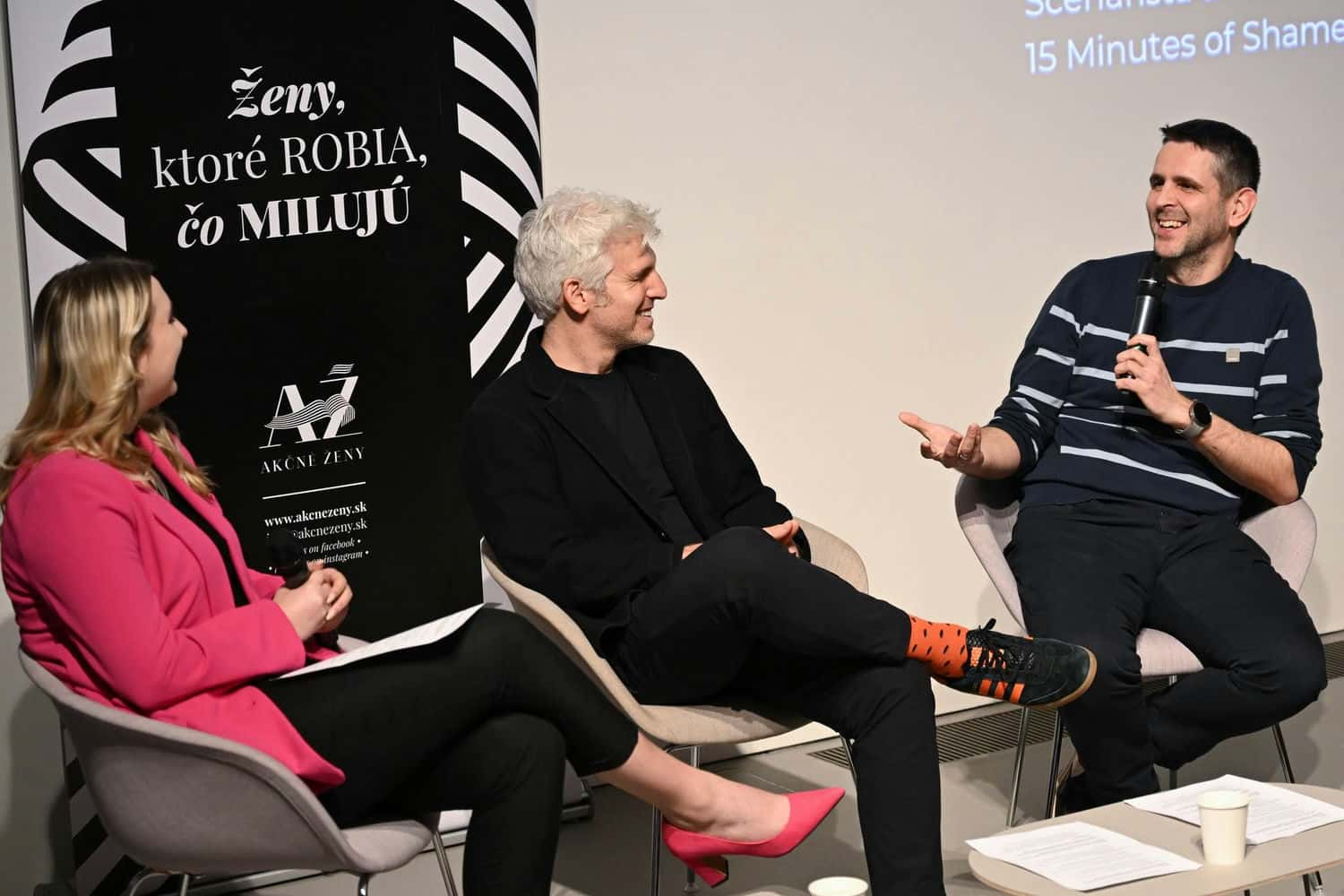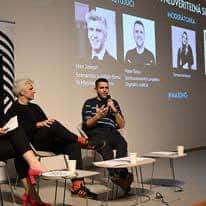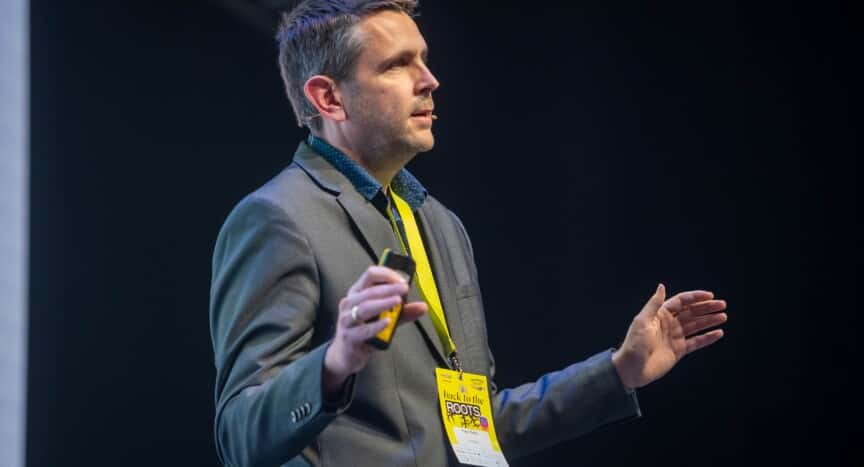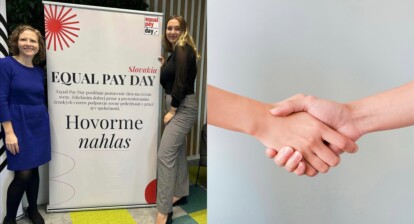One of the first things that comes up to our minds when thinking of an indispensable part of our days, is undoubtedly the internet. It comes with a great deal of benefits, not only in the world of business and work, but also in everyday life. The trend of internet surfing is widespread among all age groups, but the greatest emphasis is placed on children and young people.
The internet can be a wonderful platform for broadening our horizons, gaining some valuable knowledge, online shopping, playing games, and chatting with friends. Unfortunately, with its growing popularity, various dangers and scams have also emerged, making it easy to fall victim. Children are particularly vulnerable targets for online fraudsters, so it’s crucial to set boundaries and guide them on their journey through the online space.
Peter Šebo

Peter Šebo
Peter Šebo, co-founder of the project “Digitálni rodičia” (Digital Parents), is spreading awareness about safe internet usage for our children. He is on his mission to educate parents about the latest online trends and modern technologies. He shared his valuable tips on this topic.
Do you perceive the internet and social media as our future?
Definitely yes, but not in the form we see it today. We still haven’t learned to use them in a way that’s only meaningful and useful. However, I believe that one day societal norms will be set similarly to how they are in standard commercial media today.
THE INTERNET WILL HOPEFULLY BECOME A MEANINGFUL SAFE SPACE ONE DAY.
Freedom of speech, but not absolute anarchy. A place where lies mingle with truth, content for children with the one for adults, and opinions are mistakenly exchanged for facts and vice versa. As we see it today, I don’t think it’s a sustainable state in the long run, and it’s dangerous not only for our children.
What type of risk does the internet usage come with?
Loss of critical thinking and information overload. When there’s too much information without any sorting, people tend to believe the part that appeals to them the most. However, this doesn’t help in guiding society in the right direction or in raising our children.

Peter Šebo during our event about safety internet usage
How can a parent contribute to their children using social media safely?
First and foremost, as parents, we need to know what our children are doing on social media and which platforms they are active on. It’s not essential for us as parents to spend time directly on these platforms, but rather to understand what each network is for, its strengths and weaknesses, and what threats and opportunities it presents for our children.
How to set proper boundaries in order not to become addicted to social media?
On one hand, we can do this through technical means such as setting limits in applications, both for ourselves and our children. On the other hand, we can also choose only the services and networks that we truly want to use and not be everywhere just because it’s often expected from us. Or, we can set a daily routine for when we want to dedicate our time, energy, and attention to technology and when we want to stay “offline”.
How to filter information properly when it comes to content on social media?

Peter Šebo during our event about safety internet usage
The best “information filter” is to talk to children about the content they encounter on the internet, who they are chatting with, and what interests them. As parents, we can better assess whether there might be any threats or malicious intent behind certain content or conversations. In such cases, we can advise them on which content is useful, dangerous, or simply “pointless” and, from our adult perspective, only wastes their time.
WE ARE DRAWN TO THAT INFORMATION, WHICH ALIGNS WITH OUR BELIEFS. WE TEND TO BELIEVE IT WHEN WE SEE IT ONLINE, EVEN THOUGH IT MIGHT NOT BE TRUSTWORTHY.







